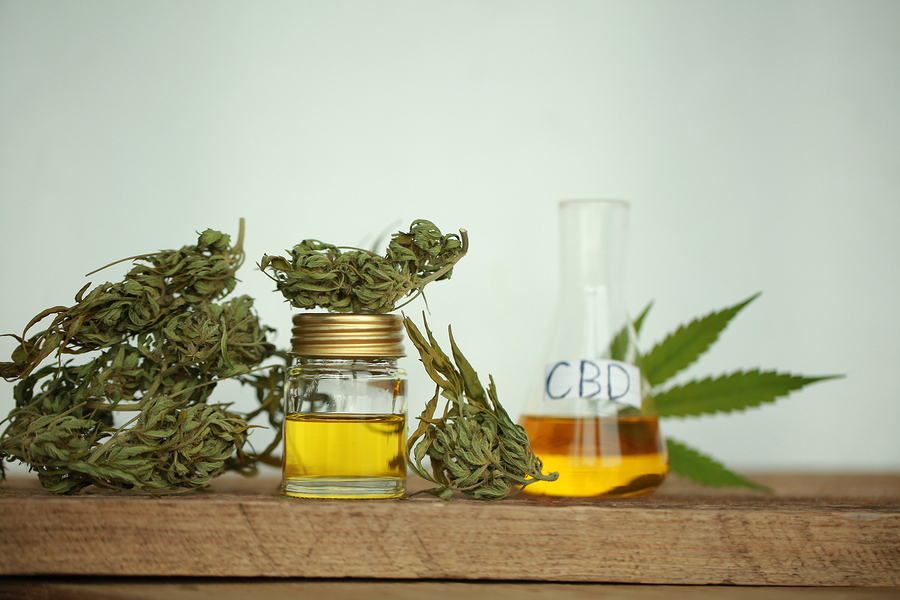(Editor’s Note: Thank you to ANH-USA for this story.)
If we don’t change a key FDA policy, that’s how much you may be forced to pay if you want to purchase CBD oil. Action Alert!
RELATED STORY:
For years, consumers have benefitted from access to cheap, safe, and effective CBD oil supplements. But now the FDA says that CBD is a drug, not a supplement—a drug which will be sold for $32,500 a year. Legally the FDA could at any time remove all CBD supplements from the market, on its own volition, or if the drug company which holds drug market exclusivity requests FDA do so. Unless we change the rules, we may see a government-sponsored monopoly on CBD oil, and in the near future, additional monopolies on other cheap, safe, and effective supplements.
(In case you are new here and didn’t know, we LOVE CBD oil. So much so that I created my own line of CBD products. Check them out here!)
This is happening because of a back-channel that allows natural supplements to be turned into drugs by the FDA. It works like this: if a company is investigating a substance as a drug, FDA rules give the company market exclusivity on that substance—even if it is currently being sold as a supplement. There are two exceptions: if the supplement was “marketed in or as a dietary supplement” before 1994, or if a supplement company has filed a “new supplement” notification with the FDA before the company’s investigation began. (Recall, too, that the FDA has not completed the policies for submitting a “new supplement” notification, so supplement companies don’t even know how to comply!) Pyridoxamine, an important form of vitamin B6 was removed from the market by the FDA through this exact same mechanism.
RELATED STORY:
This means that, at any time, GW Pharmaceuticals, the manufacturer of the CBD drug, can ask the FDA to remove cheap CBD oil supplements from the market, and the only option consumers will have is their new drug that costs $32,500 a year. This hasn’t happened yet, but we think GW is simply waiting for the market for CBD oil to grow—which it is. When it reaches a tipping point, then GW can ask the FDA to remove all the CBD supplements, and wait for the cash to roll in from consumers who don’t have any other choice.
This threat to affordable CBD oil shows how broken this system is. An opioid epidemic is ravaging our country, with drug overdose deaths surpassing car accident fatalities. People are addicted to and dying from FDA-approved drugs, yet the agency is poised to eliminate consumer access to a non-addictive, cheap, safe, and effective alternative in CBD oil—all so one drug company can charge tens of thousands of dollars for what currently costs a few dollars.
RELATED STORY:
The Senate Farm Bill took one step to protect CBD oil by legalizing the growth of hemp (though it remains to be seen if the final bill will contain this language), but that alone will not preserve consumer access to this important medicine. ANH-USA is crafting legislation that will, among other things, protect CBD oil and other natural substances from being turned into drugs by eliminating the market exclusivity that drug companies get when a new drug investigation is on a dietary ingredient currently being sold in the market in a dietary supplement. These rules should apply retroactively to protect CBD oil and other substances that have already (or are likely to be) removed before this legislation becomes law.
Until we close this loophole, we will see drug companies continue to turn our natural dietary supplements into drugs. News headlines are filled with Phase II or Phase III drug trials failing; Big Pharma is in search of a sure thing, and what could be better than supplements that have demonstrated health benefits? The FDA will not protect us—they’re in on it! More drugs mean more user fees—more money—for the agency, so don’t expect the FDA to defend your access to supplements.
Action Alert! Write to Congress and the FDA and tell them you support a legislative change that eliminates market exclusivity for INDs filed on substances that are currently sold in the market as dietary supplements. Please send your message immediately.
*Article originally appeared at ANH-USA.












